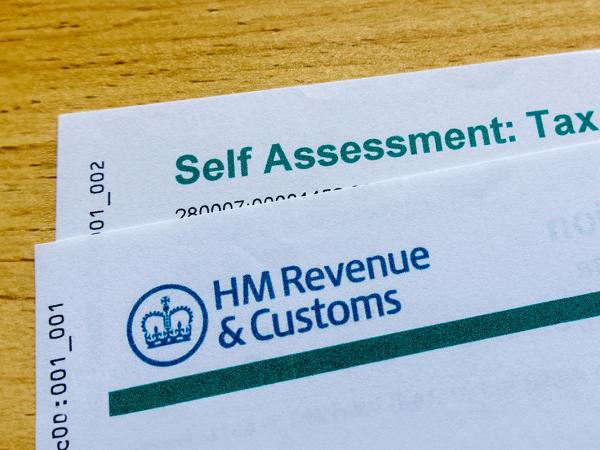Construction industry scheme (CIS) tax refunds
If you are taxed under the CIS, your contractor must withhold tax on its payments to you. Therefore, many people under the CIS overpay tax and need to claim a refund.

Content on this page:
Scheme overview
The CIS is a HMRC scheme. It applies to you if you work for a contractor in the construction industry as a self-employed individual.
Under the CIS, the contractor is obliged to withhold tax on its payments to you. This is different from other self-employed individuals, who normally receive their payments gross.
There is more information on the CIS on our page Construction industry scheme (CIS).
Refunds
Where tax is deducted under the CIS and you are on a lower income, a refund will normally arise because of the expenses of the trade and because you will normally have the personal allowance available.
You may be able to claim tax relief in your self assessment tax return for any expenses that you incurred wholly and exclusively in relation to your work. For guidance on the types of expenses that you may be able to claim, see our page Business expenses: allowable for tax.
It is worth bearing this in mind, because in the event of a compliance check into your tax return, you may be asked to provide evidence by HMRC that firstly, you actually incurred an expense and secondly, the expense was wholly and exclusively for your business. You should not just make them up or put in private expenses just so you can reduce your taxable profits and get a bigger refund – it is illegal and penalties are severe.
Claiming
If you work under the CIS, you will need to file a self assessment tax return and your refund will be generated as part of this.
For more information on how and when refunds arising through a tax return are paid, see our page Self assessment tax refunds.
Using an agent
Under the CIS, you are faced with having to complete and submit an annual self assessment tax return to claim what may be a fairly significant tax refund.
Completing and submitting a self assessment tax return can be complex and daunting. You may feel your only option is to pay to use a tax agent to assist you, but you should be aware that when it comes to the CIS, there can be problems with certain tax agents known as tax refund companies.
For example, some refund companies will often work for a percentage of your refund rather than for a fixed fee and so have a vested interest in maximizing the value of the claim (which they might do by inflating the tax refund due by including fictitious or non-tax-deductible expenses, for example).
While you may be tempted to turn a blind eye to such a thing, as this will mean a higher refund in the first instance, if HMRC check your tax return it is you, rather than the agent, who will have to account for the underpaid tax, perhaps some years later. In such cases, on the basis that a fee will have been deducted already by the tax refund organisation, the HMRC debt may well be more than the financial benefit you received in the first place.
In these instances, we have also heard of severe penalties being charged for the submission of an incorrect tax return.
There can also be problems connected to the fact that often these agents will arrange for the CIS refunds to be paid to themselves, so that they can then deduct their fees before passing the balance to you.
For more information see our page Tax refund companies.
You can find an excellent article on the charity TaxAid’s website – Inflated refunds and unscrupulous advisers – which tells you more.
If you still want to use an agent, make sure you do your research. If possible, use one affiliated with a professional body such as:
- Chartered Institute of Taxation
- Association of Taxation Technicians
- Irish Tax Institute
- Institute of Chartered Accountants in England & Wales
- Chartered Accountants Ireland
- Institute of Chartered Accountants of Scotland
- Association of Certified Chartered Accountants
- Association of Accounting Technicians
We explain more about how to find a professional tax adviser or accountant on our page Help with tax from friends, family, professionals, or other organisations. There is also some guidance on choosing a tax agent available on GOV.UK.
If you are on a low income, you may be able to obtain free assistance from TaxAid.
Claiming in-year
You may be able to get a tax refund in the tax year in which it arises, if your work in the construction industry has ceased, and all your tax affairs are up to date. You should complete form CIS40.
You can find more information in HMRC’s manual onGOV.UK.
You will still be required to file your tax return for the year in which your construction industry work ceased. If, as a result of the submitting the form CIS40, you received a refund, you need to include the amount as a provisionally received refund in the tax return.
You should enter the date that your construction industry work ended on the tax return, so HMRC can close down your self assessment record (if appropriate) and stop sending you tax returns to complete. There is more information on our page, Self-employment: stopping your business.



